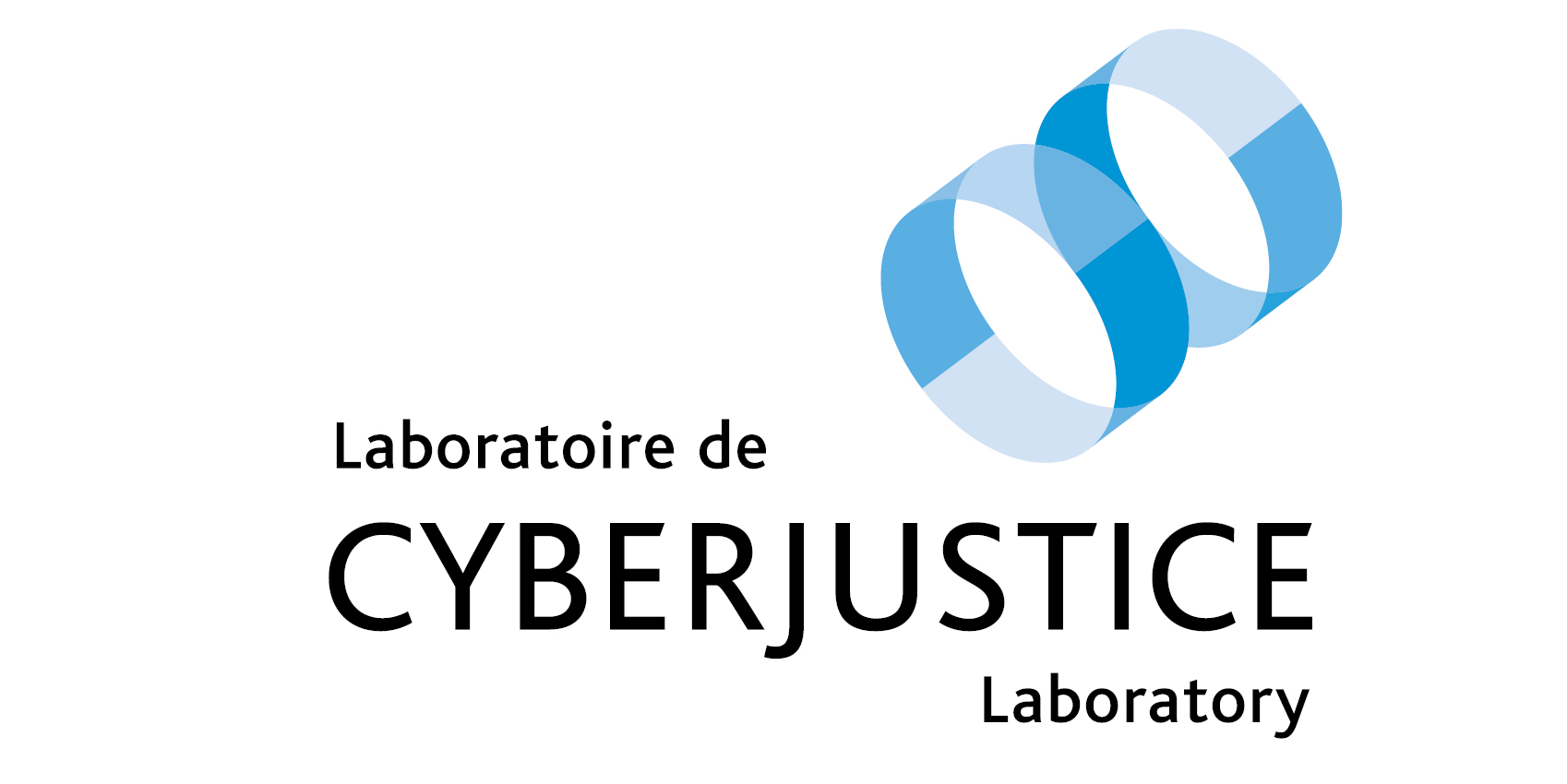Intelligence, Artificial and Otherwise
Paul Dumouchel, Intelligence, Artificial and Otherwise, 2019, Forum Philosophicum, no. 2, 241-258.
Abstract The idea of artificial intelligence implies the existence of a form of intelligence that is “natural,” or at least not artificial. The problem is that intel-ligence, whether “natural” or “artificial,” is not well defined: it is hard to say what, exactly, is or constitutes intelligence. This difficulty makes it impossible to measure human intelligence against artificial intelligence on a unique scale. It does not, however, prevent us from comparing them; rather, it changes the sense and meaning of such comparisons. Comparing artificial intelligence with human intelligence could allow us to understand both forms better. This paper thus aims to compare and distinguish these two forms of intelligence, focusing on three issues: forms of embodiment, autonomy and judgment. Doing so, I argue, should enable us to have a better view of the promises and limitations of present-day artificial intelligence, along with its benefits and dangers and the place we should make for it in our culture and society
Ce contenu a été mis à jour le 3 février 2020 à 14 h 47 min.
